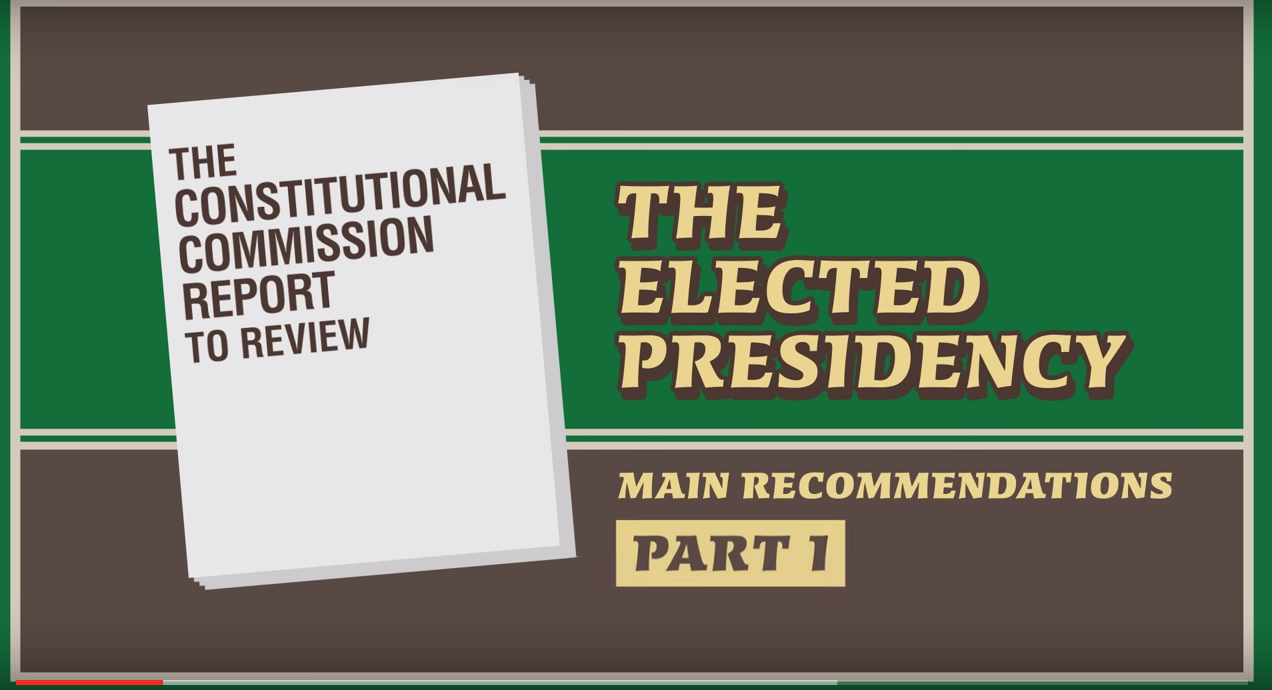
The Constitutional Commission set up to review the Elected Presidency has recommended that after five consecutive terms without a president coming from a particular racial group, the next election would be reserved for candidates of that race.
Assuming that the government implements the recommendations in full, there is the question of when exactly the first reserved election will be. Singapore has had three elected Presidents since 1993, which is when the first presidential election was held. They are: the late Mr Ong Teng Cheong (1993 to 1999), the late Mr S R Nathan (1999 to 2011), and Dr Tony Tan Keng Yam (2011 to present).
Since the government is unlikely to begin counting consecutive terms from the 2017 presidential election, it is likely to choose one of two possible scenarios.
One, to start from 1991, which is the year in which Singapore first introduced the elected president position. If so, then the 2017 election will be a reserved election for Malay candidates.
Or they will start from 1993, in which case the first reserved election for Malays will be in 2023, if a Malay is not elected in the 2017 election.
I have created a table showing the predicted outcomes in terms of race if the reserved election kicks in every so often. There is not much difference between the two outcomes — if we use 1993 as our base year, and if the first reserved election is in 2023, Singapore will never go longer than 12 years without a minority president, rather than a maximum of 18 if the first reserved election is in 2017.
Table 1: This table shows the likely races of future presidents, assuming single terms and that minority candidates are only elected during reserved elections, and following the C, M, I & O model (note that “I&O” are displayed as just “I” in the commission’s report and we have done the same here). The upper part of the table represents 2023 being the first reserved election (i.e. 5 terms from 1993); the lower part represents 2017 being the first reserved elections (i.e. counting back to 1991).

Concerns about representation have driven this process, but the Commission has acknowledged that concerns regarding tokenism are also legitimate. Already, there are some on social media and online op-eds who disagree with the need for the reserved election.
Of the two options, counting consecutive terms from 1993 seems more desirable.
In the seven years between now and 2023, there is ample time for candidates to consider their candidacy, and opportunity to develop their resumes to qualify if they do not already. This is in contrast to holding a reserved election in the second half of next year, which is a very short time away.
In its report, the Commission made clear that it favours the proposed model specifically because the provision has a “natural sunset”; that while being in place to protect racial representation today, it does not necessarily have to be used and if indeed Singaporean voters are becoming race-blind in their electoral choices, that will be the case.
Starting reserved elections in 2023 allows an opportunity, a single opportunity, for the Singaporean electorate to head off a reserved election by electing a Malay president in an open competition.
Of course in an open competition there is no guarantee, nor should there be, that a Malay candidate should win.
But if that should occur, the two competing concerns will be allayed for a significant period of time.
Tan Min-Wei is a Research Assistant in the Politics and Governance research cluster at IPS.
Top photo from govsingapore YouTube Channel.
